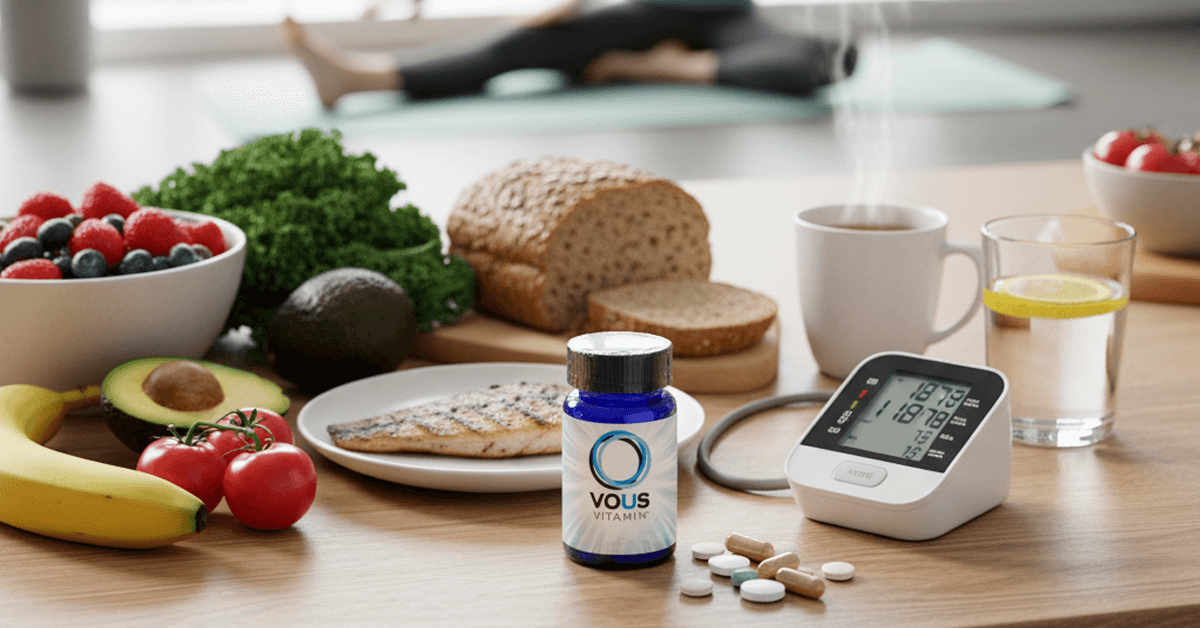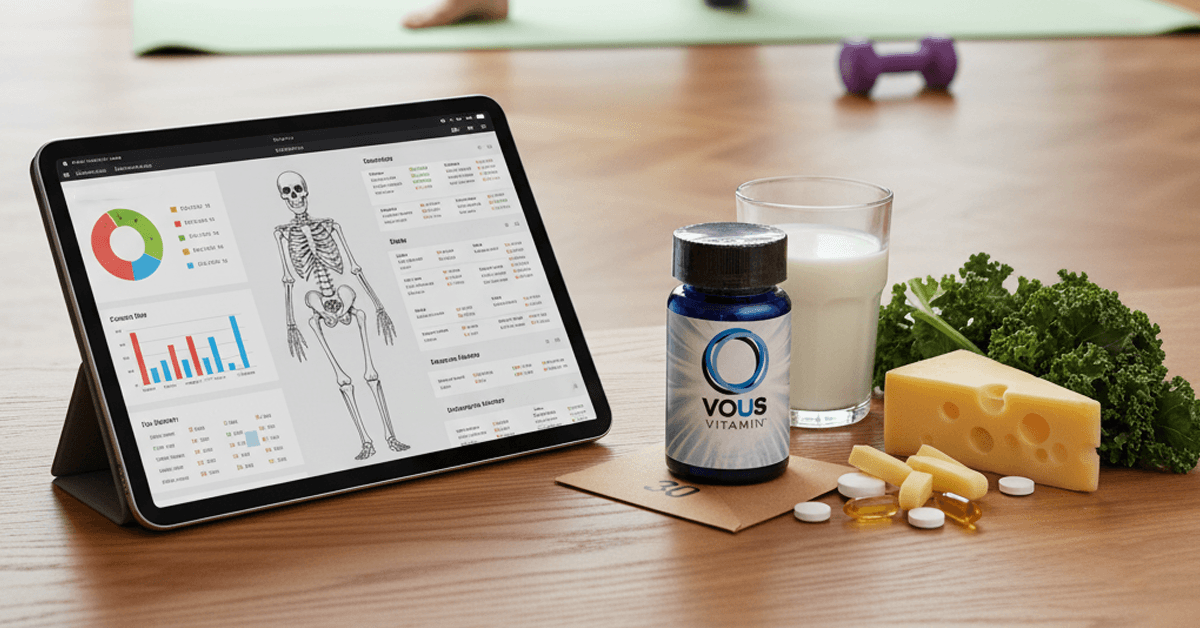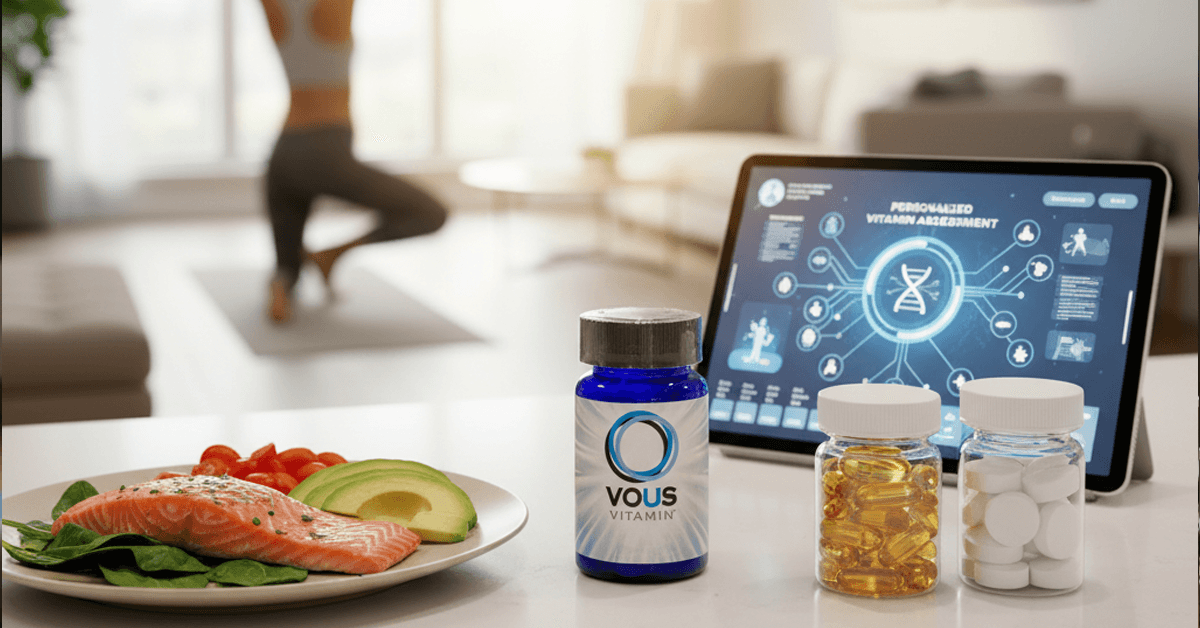

Did you know that you no longer are forced to wander the vitamin aisles to find a vitamin formula that will help your bone health? There is an emerging set of companies in the personalized vitamin market that will take you through a detailed assessment process to better understand your specific vitamin needs. This includes questions about indicators of current bone health or future bone decline. After you have been analyzed, these companies will produce a tailored vitamin regimen to improve your overall health, including measures of bone density.
Let’s first look at who is more at risk. As we mentioned, women generally get a raw deal when it comes to bones. We are all at significant risk for osteoporosis, especially now that our life expectancy is so long. Men have testosterone that helps them much of their lives with bone strength; but for women, the estrogen that helps protect our bones (and tips the balance toward building bone density) drops off severely when we hit menopause. Not surprisingly, women who do not have sufficient estrogen earlier in life are at higher risk. The typical causes for this are women who do not get regular menstrual periods, such as those with eating disorders, extreme exercise regimens that cause menstruation to stop, or other hormonal problems (polycystic ovary syndrome, for example). These are topics to discuss with your doctor if they affect you; birth control pills are often prescribed for these women because of the estrogen they contain.
Among women with normal periods during their younger lives, those who enter menopause early will then naturally start the decline in bone density early. The average age is fifty, but the earlier you stop getting your period, the more at risk you are.
Other risk factors for developing osteoporosis include the following:
How do we determine who has low bone density? The current standard of care for bone density testing is the DEXA (dual-energy X-ray absorptiometry) scan. Whether you know you already have low bone density or you are aiming to prevent it, there are many simple lifestyle changes that can be effective. However, it is important to remember that losing bone density is a slow process that occurs over many, many years. (As we like to say, there is no such thing as a bone density emergency.) The flip side of this is that preventing or reversing bone density are also slow, long-haul processes that take decades to work. Every day does count, so there’s no time like the present to get started!


In a world where health should require an individualized approach by each person, generic multivitamins often cannot provide the same nutrients that your body really


For years, people have relied on generic vitamins hoping to fill nutritional gaps. However, what was working just a few decades ago does not suit


The majority of the population buys generic vitamins at the store with the hope that they will meet the nutrient requirements. However, the truth is


As individuals increasingly shift toward proactive health and wellness grounded in data, individualized approaches are sought to draw from, rather than antiquated, generic, one-size-fits-all multivitamins.
| Cookie | Duration | Description |
|---|---|---|
| cookielawinfo-checkbox-analytics | 11 months | This cookie is set by GDPR Cookie Consent plugin. The cookie is used to store the user consent for the cookies in the category "Analytics". |
| cookielawinfo-checkbox-functional | 11 months | The cookie is set by GDPR cookie consent to record the user consent for the cookies in the category "Functional". |
| cookielawinfo-checkbox-necessary | 11 months | This cookie is set by GDPR Cookie Consent plugin. The cookies is used to store the user consent for the cookies in the category "Necessary". |
| cookielawinfo-checkbox-others | 11 months | This cookie is set by GDPR Cookie Consent plugin. The cookie is used to store the user consent for the cookies in the category "Other. |
| cookielawinfo-checkbox-performance | 11 months | This cookie is set by GDPR Cookie Consent plugin. The cookie is used to store the user consent for the cookies in the category "Performance". |
| viewed_cookie_policy | 11 months | The cookie is set by the GDPR Cookie Consent plugin and is used to store whether or not user has consented to the use of cookies. It does not store any personal data. |